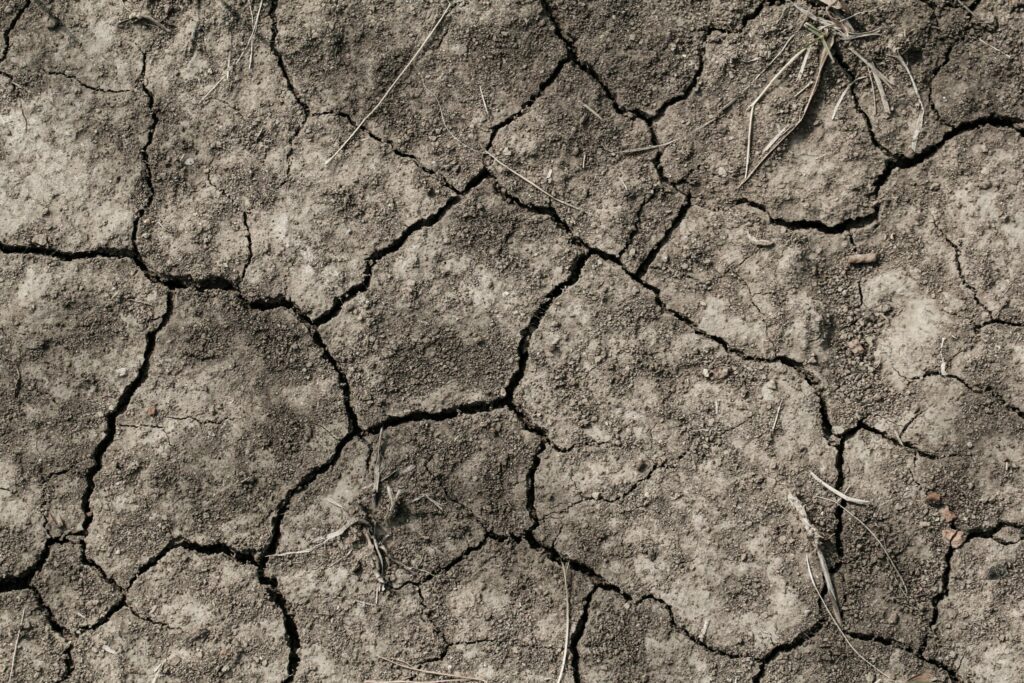Hello there! As a healthcare professional with over 15 years of experience, I can attest to the impact of dehydration on the human body. It can significantly affect our daily functioning and overall health. Understanding how to prevent dehydration is crucial to maintaining a healthy body and mind. This guide aims to help you comprehend the importance of hydration and offer strategies to prevent dehydration.
The Vital Role of Water in the Body
Water is not just a thirst quencher. It plays a significant role in various bodily functions. It facilitates nutrient transportation and waste removal from our cells. It also acts as a lubricant for our organs, including the eyes and mouth, and helps in maintaining body temperature.

Comprising approximately 60% of an adult’s body weight, water acts as a heat conductor and regulator in our blood. It dilutes minerals, glucose, and other materials in the body, helping maintain healthy acidity levels. With the body not having a water storage system, it is vital to regularly replenish water lost through perspiration, urination, and bowel movements.
The Causes and Symptoms of Dehydration
Dehydration occurs when your body loses more fluid than it’s taking in. Common causes include diarrhea, fever, vomiting, and overexposure to the sun and extreme temperatures. Daily fluid loss through excretion, breathing, sweating, and tears usually gets replenished by drinking liquids and eating water-rich foods.
When you’re dehydrated, your skin may appear dry, and the fine lines on your face or hands may seem more pronounced. Dehydration can also lead to fatigue, increased thirst, headaches, confusion, and dark-colored urine. These symptoms are your body’s way of signaling that it needs water. For children, symptoms of dehydration may include a dry mouth and tongue, no tears when crying, high fever, and lethargy.
Early signs of dehydration can often be managed at home with adequate fluid intake, such as sports drinks to restore body fluids, electrolytes, and salt balance. However, severe cases of dehydration should be treated as medical emergencies and may require hospitalization.
The Consequences of Dehydration
Dehydration can set in quickly, particularly during strenuous physical activities or extended periods without drinking water. Severe dehydration can result in life-threatening complications, especially in children. Every year, diarrhea-related deaths account for over 2 million fatalities in children under five worldwide.
The effects of severe dehydration can include confusion, disorientation, impaired physical function, and loss of essential electrolytes. Staying hydrated is not just about quenching your thirst; it’s about maintaining your overall health and well-being.
The Significance of Electrolytes
Electrolytes are charged ions that, when dissolved in water, provide the electrical current necessary for human life and movement. Major electrolytes include sodium, potassium, and chloride, which are crucial in creating nerve impulses and regulating the body’s balance of fluids and acids.
When nerve cells are stimulated, sodium enters the cell, creating a negative electrical charge that travels to a muscle cell, causing the muscle to contract. Sodium and chlorine react together in blood cells, triggering a sodium concentration that stimulates thirst.
Maintaining a balanced diet rich in potassium and low in sodium can support healthy muscle contraction, and fluid balance, and prevent health issues such as hypertension and decreased kidney function.
The Impact of Alcohol and Caffeine
Alcohol and caffeine can significantly affect your body’s hydration levels. The kidneys usually reabsorb water into the body. However, excessive alcohol intake can inhibit this ability, leading to increased water loss and the “hangover” sensation. Moreover, caffeinated products like soda and sweets can also contribute to dehydration.
How to Prevent Dehydration
Fortunately, dehydration can be prevented by adopting some simple habits. Here are some strategies to help you stay hydrated:
- Consume adequate amounts of water before, during, and after exercise.
- During hot weather, drink at least two additional glasses of water.
- Keep water readily available during car trips and long journeys.
- Eat more fruits with high water content as an additional source of hydration.
- Avoid excessive alcohol and caffeine intake.
- Consume sports drinks or solutions like Pedialyte (for infants and young children) to maintain electrolyte balance during heat exposure.
In conclusion, understanding the effects of dehydration and strategies to prevent it can significantly enhance your health and well-being. By staying hydrated, you’re not only quenching your thirst but also supporting your body’s functions and maintaining overall health. Stay safe, and stay hydrated!

Jay
Jay is a health and wellness enthusiast with expertise in water quality and nutrition. As a knowledgeable advocate for holistic well-being, Jay successfully manages Type 2 Diabetes through informed lifestyle choices. Committed to sharing reliable and authoritative insights, Jay combines firsthand experience with a passion for enhancing health."
